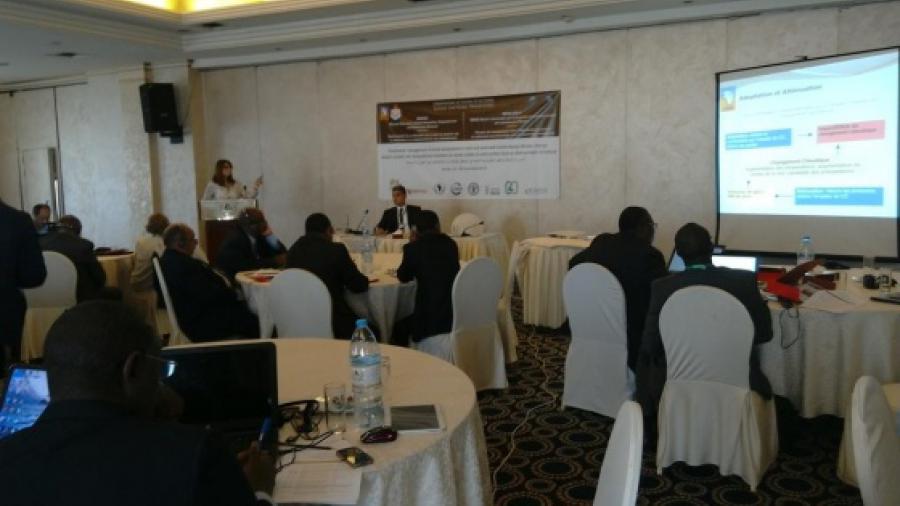In the framework of the MENA-DELP and BRICKS projects, and in partnership with CILSS, OSS organized a thematic workshop and a study trip on the management of forest ecosystems and woodlands in arid and semi-arid areas. The events took place on 20-30 November 2015 and were followed by the 5th meeting of the MENA-DELP steering committee.
An online forum was held in preparation to the workshop and allowed to collect views and responses with respect to the theme of forestry in arid areas.
The thematic workshop, held on 22-23 November, allowed to present the results obtained by the regional study conducted within the framework of the MENA-DELP project and to engage in a deeper reflection on the theme while taking account of the major characteristics of the MENA region. The workshop was also an opportunity for participants coming from two different sub-regions (MENA and Great Green Wall) to exchange ideas and conduct discussions with a view to identifying approaches for a better forests and woodlands management as well as adaptation and mitigation.
The study trip lasted three days (24-26 November) and allowed the participants (about 50) to visit forest sites and woodlands as well as natural reserves managed by the RSCN and to discover the major characteristics of their management by the Jordanian authorities. In fact, this approach is based on a management delegation entrusted to the civil society represented in an NGO (RSCN). The latter involves the local population in the management, the implementation of field activities and decision making.
The MENA-DELP Steering committee in its fifth session approved the project’s technical and financial statements for the last semester of the year 2015. The SC meeting was also an opportunity to share the main recommendation of the mid-term evaluation and to validate the major themes to tackle for the next 18 months. These themes include: i) water resources management, ii) preservation of desert biodiversity and iii) livelihoods and community organization.
The meetings allowed to valorize achievements in terms of forest ecosystems management in circum-saharan countries facing climate change and to share the region’s successful experiences.

